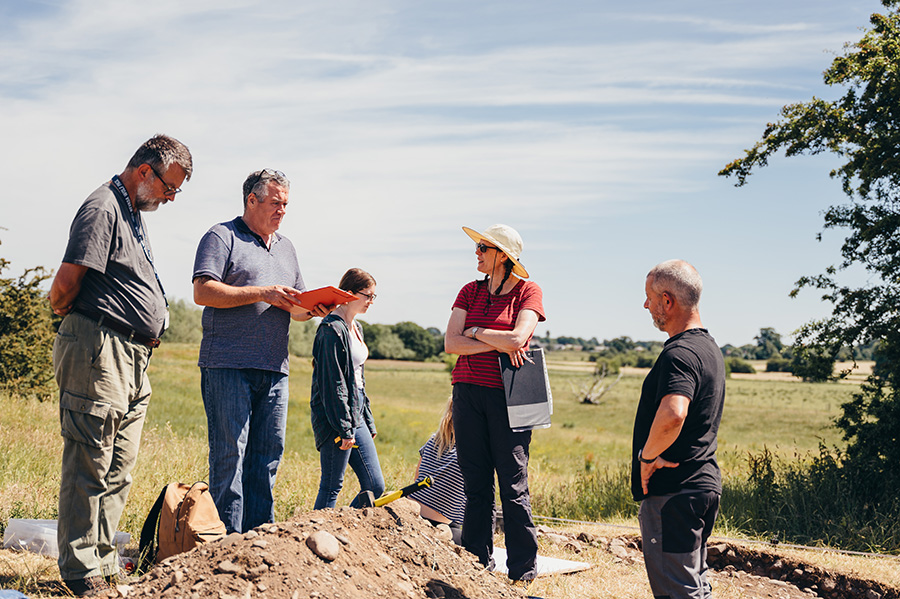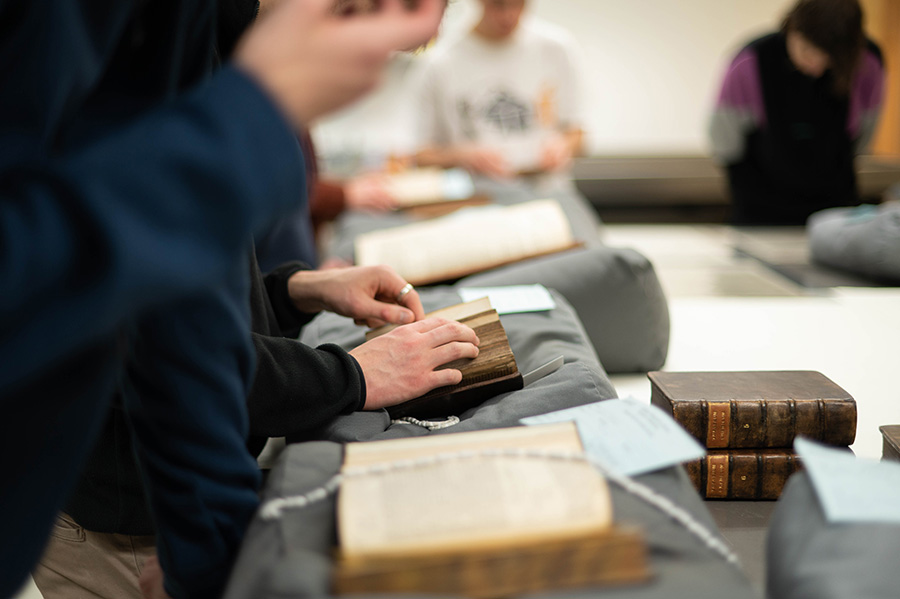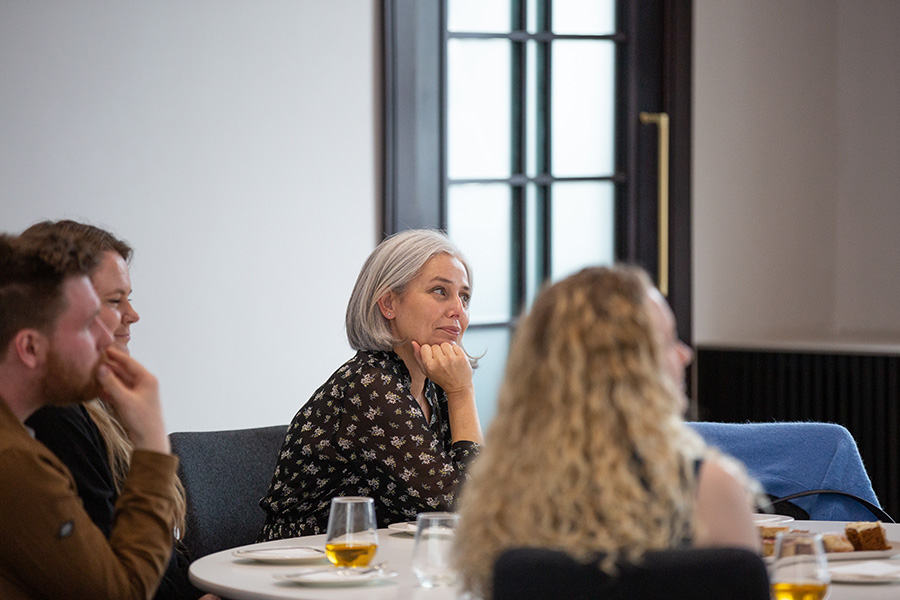
Birmingham Research Institute for History and Cultures

Encouraging interdisciplinary research into cultures past and present.
BRIHC is the umbrella research institute of the School of History and Cultures. It promotes and facilitates research and research-led teaching across the School and beyond, both through the support of research initiatives and through the organisation of events that foster cross-disciplinary conversations.
Research centres
Seminars in BRIHC
Seminars in BRIHC
Seminars in the school consist of academic talks, roundtables, and discussions from world-leading researchers. These pages gather the events run by our departments and research centres, as well as occasional interdisciplinary events encompassing the whole school.
Collaborations
Collaborations
The School of History and Cultures (SHaC) is made up of three departments: African Studies and Anthropology; Classics, Ancient History and Archaeology; History. Academic staff and students in SHaC regularly collaborate with partners in other sectors.

Working collaboratively ensures that academic research is of benefit to people, communities, and organisations outside of academia. We are always keen to further understand the needs of others and how we can produce research that will provide some answer to those needs. If you would like to work with us, please do get in touch with any member of staff whose research speaks to your area of interest. You can find lists of staff members here.
Colleagues have produced research which has been used by national and international organisations to shape their understanding of situations and issues. For example, we have worked with the United Nations to raise awareness of the issues facing children born of war and provide data for the annual report of the UNSRSG for Sexual Violence in Conflict. We have also worked with the joint World Heritage Committee and the International Council on Monuments and Sites to shape their technical and methodological approaches to future planning and investigation. Colleagues have also engaged with organisations such as the Birmingham Irish Heritage Group to explore new understandings of past events.

SHaC staff have worked over many years in close collaboration with museums and heritage organisations to provide new research about collections and their significance. For instance, our research has illuminated the importance of everyday, domestic objects within internationally important collections such as that of the Shakespeare Birthplace Trust. Working in close collaboration has also produced new knowledge about objects and led to new interpretations at museums such as the Museum of the Order of St John. Sustained working over multiple years has also led to further connections between museums to take a regional or national approach to certain issues, such as the work of James Watt.

Colleagues have approached such collaborative work with creativity and often work with practitioners to provide new ways in to complex cultural and social issues from the past and present. We have worked with Cardboard Citizens to produce new theatrical and radio work on the histories of homelessness. Colleagues have also worked with film directors to explore histories of political activism and particularly the strategies adopted by ‘political women’ in Ghana in the late twentieth century.


